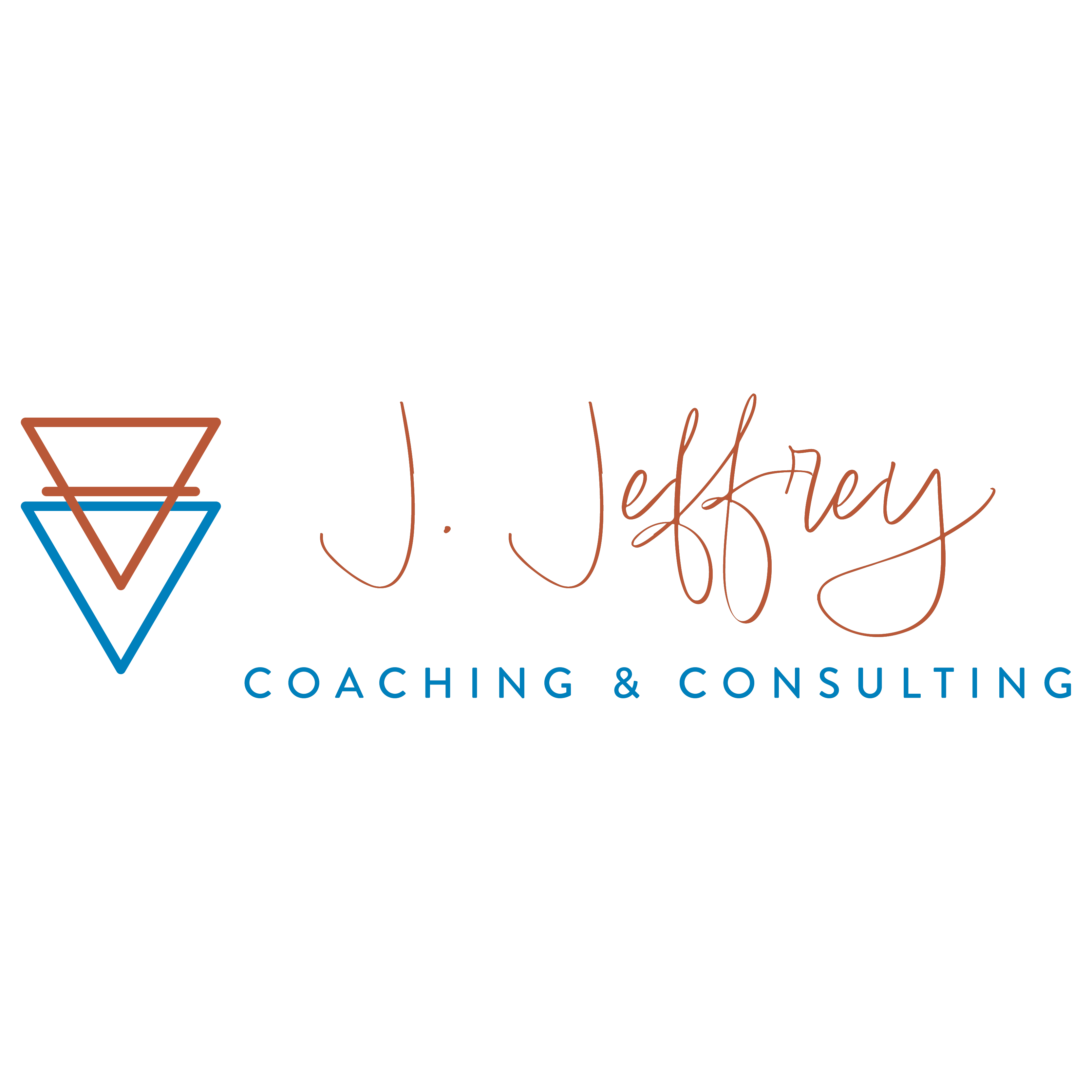Why Your Leadership Team Needs an Organizational Health Consultant
How focusing on organizational health—not just smarts—can transform your company’s performance
The Hidden Factor Behind Business Success
Your organization is likely filled with smart people making smart decisions. You have sophisticated strategies, cutting-edge technology, and talented individuals. Yet something feels off. Communication breaks down. Projects stall. Talented employees leave. Meetings feel unproductive. Despite all your intelligence and resources, you’re not achieving the results you know you’re capable of.
The missing piece? Organizational health.
Smart vs. Healthy: The Lencioni Framework

In his groundbreaking book The Advantage, Patrick Lencioni argues that organizational health is the single greatest advantage any company can achieve. He distinguishes between two critical aspects of business:
Smart organizations excel at:
- Strategy development
- Marketing initiatives
- Financial management
- Technology implementation
- Product development
Healthy organizations excel at:
- Minimal politics and confusion
- High morale and productivity
- Low employee turnover
- Clear communication
- Cohesive leadership teams
Most organizations are smart enough to succeed, but few are healthy enough to tap into their intelligence and make it work.
The Cost of Organizational Dysfunction
Unhealthy organizations waste tremendous amounts of time, energy, and resources on:
- Redundant meetings and unclear decision-making processes
- Office politics and interpersonal conflicts
- Miscommunication and misaligned priorities
- High turnover and constant recruitment
- Low employee engagement and productivity
Meanwhile, healthy organizations channel all their intelligence toward achieving results because they’ve eliminated the friction that holds most companies back.
Enter the Organizational Health Consultant
An Organizational Health Consultant specializes in diagnosing and treating the health issues that prevent leadership teams and organizations from reaching their potential.
Unlike traditional business consultants who focus primarily on strategy and operations (the “smart” side), organizational health consultants address the human dynamics, communication patterns, and cultural elements that either accelerate or sabotage business results.
When Your Organization Needs Health Intervention
Consider bringing in an Organizational Health Consultant if your leadership team experiences:
- Communication breakdowns between departments or team members
- Unclear roles and responsibilities leading to dropped balls or duplicated efforts
- Meeting fatigue with lots of discussion but little decision-making or follow-through
- Talented people leaving despite competitive compensation and benefits
- Inconsistent execution of strategic initiatives across the organization
- Conflict avoidance or destructive conflict that damages relationships
- Lack of accountability for results and commitments
Proven Tools for Building Organizational Health
Effective Organizational Health Consultants use evidence-based assessments and interventions to create lasting change. Three particularly powerful tools include:
DiSC Catalyst
This behavioral assessment helps leadership teams understand how each member naturally communicates, makes decisions, and responds to conflict.
Benefits:
- Improved communication by adapting styles to what each person needs
- Reduced friction by understanding why conflicts arise and how to resolve them
- Better decision-making by leveraging each person’s natural strengths
- Enhanced collaboration through awareness of different working styles
The Five Dysfunctions of a Team
Based on Lencioni’s model, this assessment identifies where your leadership team falls on five critical dimensions:
- Trust – Do team members admit mistakes and weaknesses?
- Conflict – Do they engage in productive debate around ideas?
- Commitment – Do they commit to decisions even when they initially disagreed?
- Accountability – Do they hold each other accountable for behaviors and results?
- Results – Do they focus on collective outcomes over individual goals?
The assessment, report, and workshop process help teams identify their dysfunction patterns and develop concrete strategies for improvement.
Working Genius
This tool reveals how each team member is naturally energized by different types of work:
- Wonder – Thinking and questioning
- Invention – Creating and originating ideas
- Discernment – Evaluating and critiquing
- Galvanizing – Rallying and inspiring others
- Enablement – Providing support and assistance
- Tenacity – Pushing through to completion
Benefits:
- Assign responsibilities more effectively
- Reduce burnout
- Increase satisfaction and productivity
The Transformation Process
Working with an Organizational Health Consultant typically follows this progression:
- Assessment – Identify specific health challenges through surveys, interviews, and observation
- Diagnosis – Pinpoint root causes rather than just symptoms
- Intervention – Implement targeted tools and processes to address core issues
- Integration – Embed new practices into daily operations and decision-making
- Monitoring – Track progress and adjust approaches as the organization evolves
The ROI of Organizational Health
Healthy organizations consistently outperform their competitors because they:
- Make decisions faster with less second-guessing
- Execute strategies more effectively due to clear communication and accountability
- Retain top talent who thrive in low-politics, high-trust environments
- Adapt more quickly to market changes because information flows freely
- Achieve higher employee engagement and productivity
Is Your Organization Ready?
The question isn’t whether your organization is smart enough to succeed—it probably is. The question is whether it’s healthy enough to maximize that intelligence.
If your leadership team is tired of working harder instead of smarter, frustrated by the gap between potential and results, or held back by people and culture issues—it may be time to invest in organizational health.
The advantage goes to organizations that get healthy first and stay healthy longest.
In a world where every company has access to similar strategies and technologies, organizational health becomes the ultimate competitive differentiator.
Ready to assess your organization’s health?
The journey starts with an honest look at where you are today—and a commitment to do the work required to get healthier.
